Aretha Franklin’s iconic demand for R-E-S-P-E-C-T resonates today as a rallying cry for New York’s disability community— a field that has long been undervalued despite its critical contributions to our state.
People with intellectual and developmental disabilities — I/DD — remain insufficiently integrated into our health system, schools, and communities, while the dedicated workers who support them are denied the dignity of a living wage. These workers, whose salaries and benefits account for over 70% of the funding received by providers, are paid far less than their counterparts employed by the state. Meanwhile, the broader disability sector — a powerhouse that generates $14.3 billion in economic output, supports nearly 195,000 full-time jobs, and contributes $2.2 billion in tax revenue — must beg Albany year after year to increase rates to keep up with inflation.
Aretha Franklin’s iconic demand for R-E-S-P-E-C-T resonates today as a rallying cry for New York’s disability community— a field that has long been undervalued despite its critical contributions to our state.
People with intellectual and developmental disabilities — I/DD — remain insufficiently integrated into our health system, schools, and communities, while the dedicated workers who support them are denied the dignity of a living wage. These workers, whose salaries and benefits account for over 70% of the funding received by providers, are paid far less than their counterparts employed by the state. Meanwhile, the broader disability sector — a powerhouse that generates $14.3 billion in economic output, supports nearly 195,000 full-time jobs, and contributes $2.2 billion in tax revenue — must beg Albany year after year to increase rates to keep up with inflation.
Current Medicaid rates fall drastically short of covering the true costs of quality care, including staffing, housing, food, electricity, and transportation. From 2019 to 2024, overall inflation in the U.S. rose by 24.8%, with food costs surging 29.3% and transportation costs climbing 27.1%, according to the U.S. Bureau of Labor Statistics and Experian. During that period, Medicaid rate increases for disability providers amounted to less than half of those inflationary rises, leaving providers unable to keep pace with skyrocketing costs.
For organizations whose sole funding source is Medicaid, such inadequate adjustments effectively amount to funding cuts. This systemic underfunding jeopardizes essential services and perpetuates a workforce crisis. DSPs care for some of our most vulnerable neighbors and are paid far below a living wage, despite their critical contributions. We deeply value our workforce and the people they serve, and we urge Governor Hochul to show the same respect by including a 7.8% rate increase in her executive budget.
Furthermore, we ask that the governor create a wage commission to evaluate wages across the human services sector. DSPs in the non-profit sector support over 85% of the people in the I/DD system, yet our providers are funded at levels that do not fully value the essential work they do, resulting in chronic staffing shortages and high turnover in non-profit agencies, jeopardizing the quality and continuity of care. The commission would develop a comprehensive plan to raise frontline staff wages and address wage compression—an issue that cannot be resolved by establishing a wage floor or new minimum wage.
Lastly, non-profit provider agencies need additional funding to upgrade facilities such as group homes and day habilitation centers. Many of these buildings are outdated and lack the resources to meet New York’s energy efficiency and climate goals. Upgrades would not only help providers reduce energy costs and improve operations, but they would make the facilities where our community works and lives adequate.
The costs of inaction are steep. Without a 7.8% Medicaid increase, the I/DD system will continue to fray—losing staff, closing clinics, and reducing access to essential programs. These losses have left families increasingly anxious about the future of care for their loved ones.
Hochul can reverse this downward spiral. By including our requests in her executive budget, she can affirm the state’s commitment to helping people with I/DD lead full lives, recognize the sector’s role as an economic driver, and reassure families that essential services will continue. Most importantly, she would be offering the disability community the respect it has long deserved.
Mike Alvaro is the president of New York Disability Advocates, a statewide coalition of 330 non-profit disability service providers providing vital services and support to more than 130,000 New Yorkers with I/DD, and the president and CEO of Cerebral Palsy Associations of New York State.
